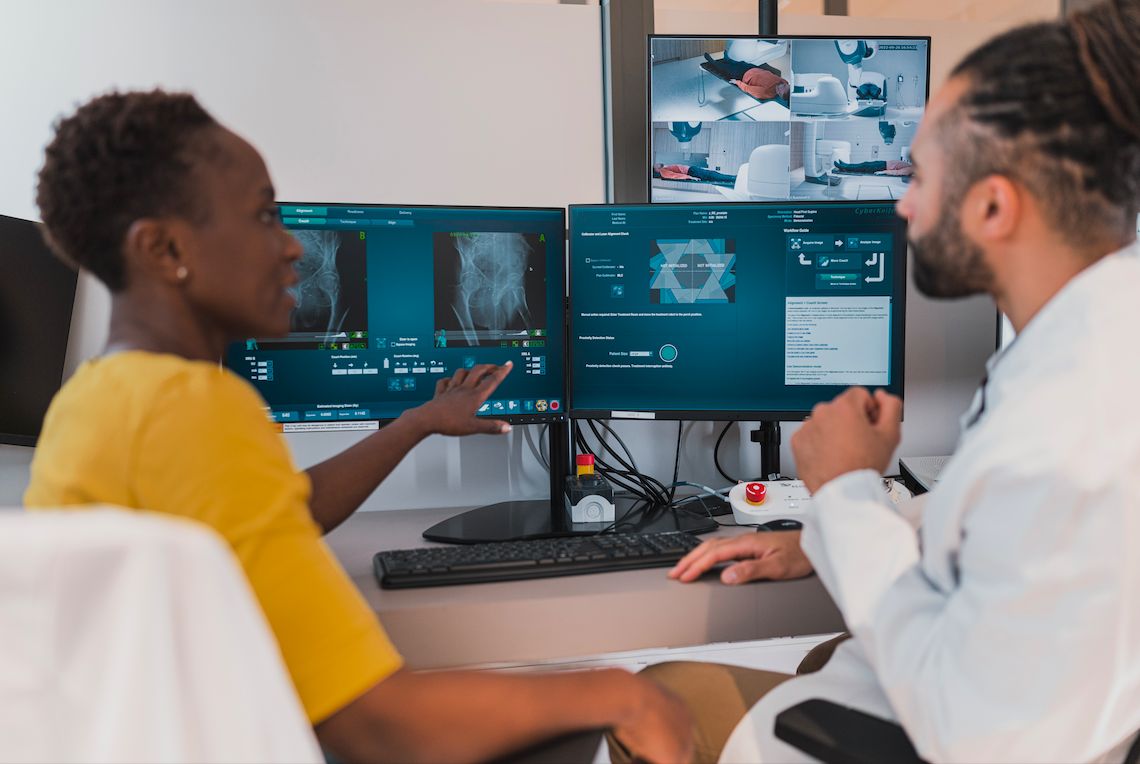
In the world of medical transcription, accuracy couldn’t be more important. With the help of artificial intelligence, the process of transcribing patient notes and interviews has become more efficient than ever – and the cost-savings can be substantial.
Clinicians know that details are highly important in patient records, which is why many medical professionals have been leery of adopting tools with ASR or automatic speech recognition in the past. But some of these programs are now able to achieve accuracy levels of around 95% with most types of audio files.

Human Transcriptionists Working Together With AI
Where AI tends to still fall short is in capturing full verbatim utterances and keeping track of who’s speaking, which is where Scribie’s team of professionally trained transcriptionists come in. It still often takes human intervention to get the complete picture and ensure that a stringent level of accuracy is maintained.
When physicians are spending half of their day at work getting through the paperwork, it can be detrimental to the quality of their work. These health records are essential to administer care. But if it becomes an all-consuming task, it can result in clinicians experiencing burnout, causing patient satisfaction to suffer.
New breakthroughs in artificial intelligence have made it possible to apply this technology to the medical field. Those who were accustomed to the early days of AI voice recognition software are probably well aware of how spotty the accuracy tended to be. Trying to get a speech-to-text app to function properly may have felt more like trying to get through an automated menu on a call line.
Ensuring Every Voice is Heard
But artificial intelligence has advanced in leaps and bounds since then, due in no small part to the hundreds of thousands of audio hours that our automatic speech recognition software has processed. The more that gets fed into these programs, the better they’re able to distinguish between different accents and pronunciations. In medical records, it’s vital to recognize all voice types and tell the difference between subtly different utterances.
At Scribie, we were one of the first transcription services to jump into the artificial intelligence game. We had already built our own ASR software to make the jobs of our transcribers quicker and more accurate.

Medical transcription generally takes a combination of artificial intelligence and human intervention. Speech recognition is there to capture everything that can be easily recognized, and transcribers verify the accuracy with a critical eye while picking up anything that was missed. The result is a medical transcript you can rely on that leaves you with enough time to focus on your patients and your practice.

